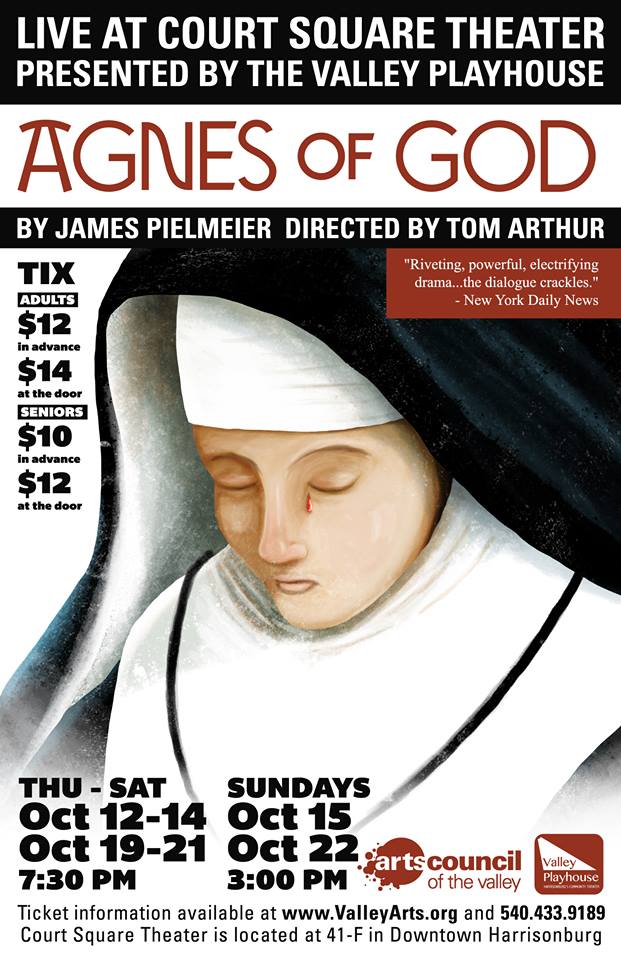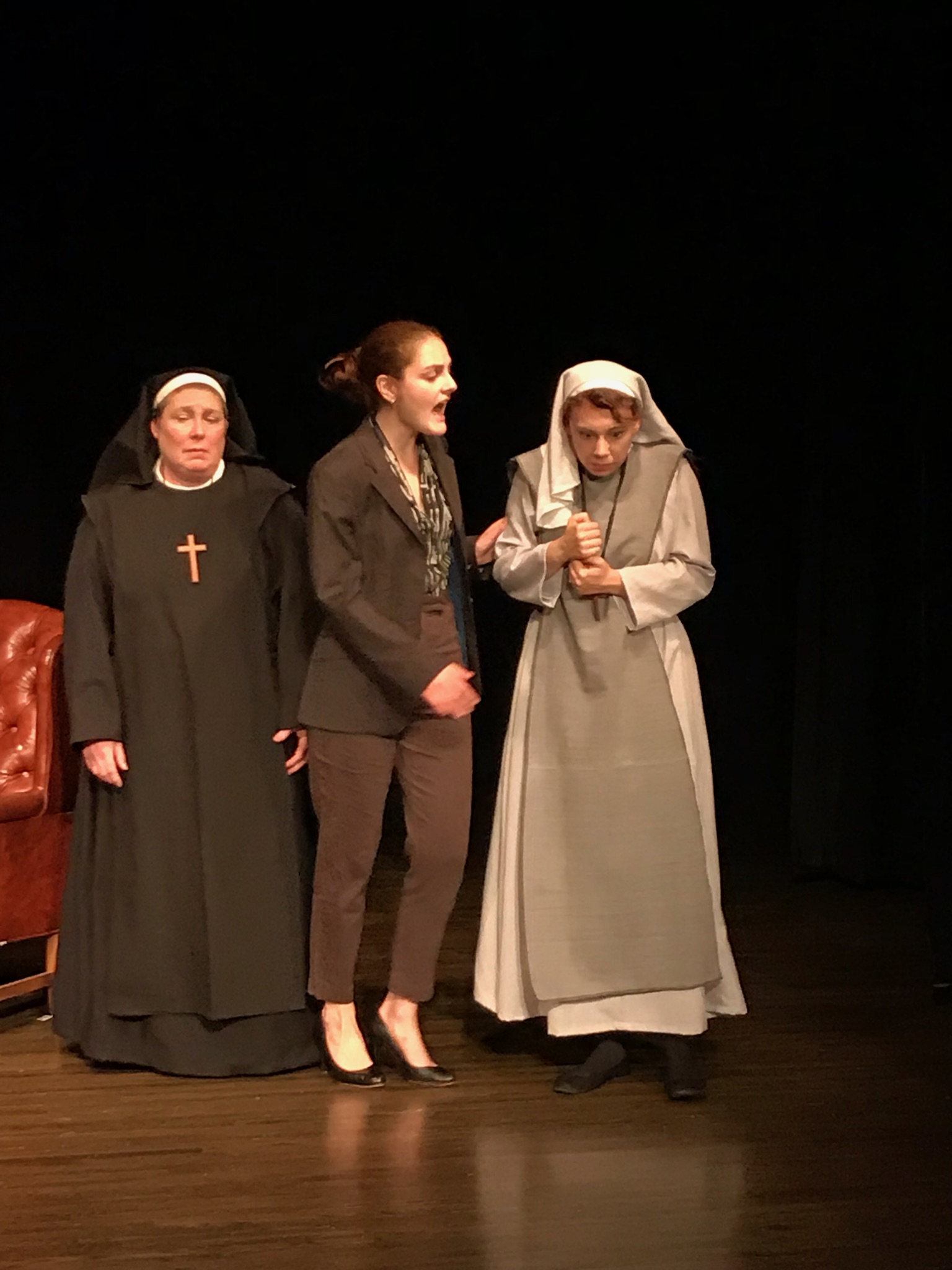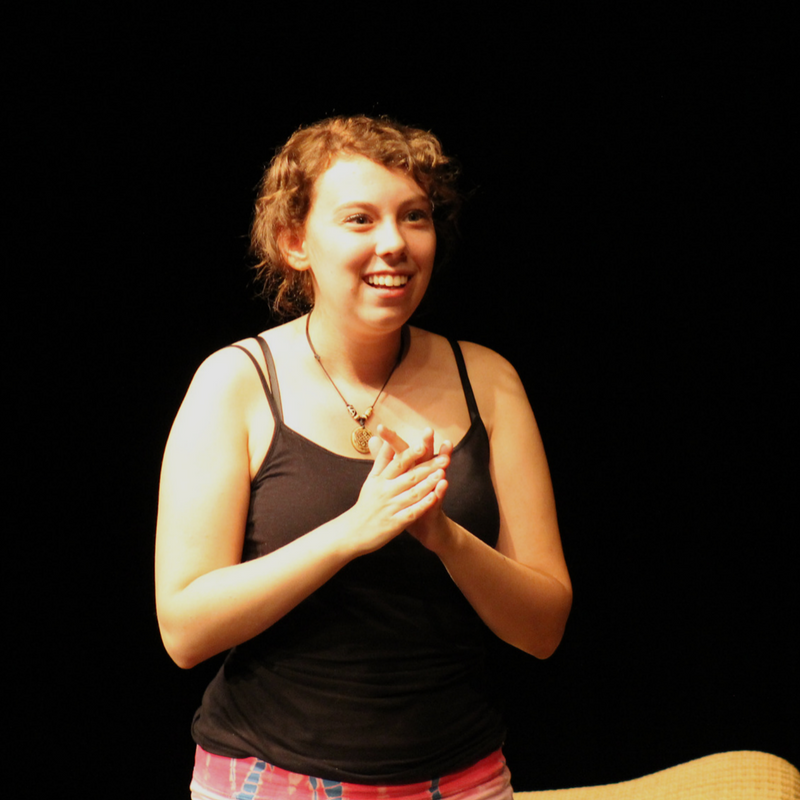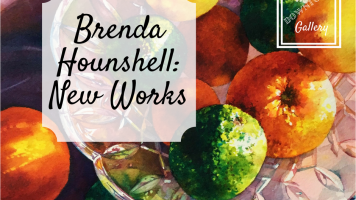
The Valley Playhouse is presenting Agnes of God at Court Square Theater opening this Thursday. This riveting drama is written by James Pielmeiera and directed by Tom Arthur. Tom was kind enough to answer our questions and share more about the production. For more information and to buy tickets go to www.valleyplayhouse.com.
Agnes of God
October 12th, 13th, 14th at 7:30pm, October 15th at 3:00pm.
October 19th, 20th, 21st at 7:30pm, October 22nd at 3:00pm.
Can you share a little about yourself?
I’m a Professor Emeritus of Theater, retired ten years ago from James Madison University. I was hired in 1973 to organize and lead an academic theatre unit at JMU. Once that was established, I served as the chief (but not only) acting teacher there. Before that I taught at Illinois State University for four years where most of the founders of Chicago’s Steppenwolf Theatre Company were among my students. I’ve directed over 100 plays, mostly but not entirely at the academic level. I was in advertising and was a Chicago actor before I returned to school at 28 (at Indiana University, Bloomington).
What is the play about?
The title Agnes of God, according to the play’s author, John Pielmeier, is a “bad liturgical pun” based upon the Latin phrase Agnus Dei (Lamb of God), a prayer wherein the image of a lamb is used as a symbol of the resurrected Christ. The playwright says he had been looking for a subject dealing with questions of faith when he remembered a newspaper story about a nun who had killed her baby in a Rochester, New York convent. Though the event with which the play is concerned is a birth and murder of a baby, it is a re-working, not a re-telling, of the original story.
The locale of the play is the mind of the lead character, the Psychologist, much as it is in Peter Shaffer’s Equus, a work just presented at JMU. Though Agnes includes a Catholic convent, it is less concerned with any particular religion than contemporary contrasts between science and religion, the temporal and the spiritual, facts and faith. It especially focuses upon simple “wonder,” a concept that seems to be out of fashion in contemporary discourse.


I love the idea of focusing on “wonder.” I think we don’t do enough of that these days in our ever-so-literal society.



